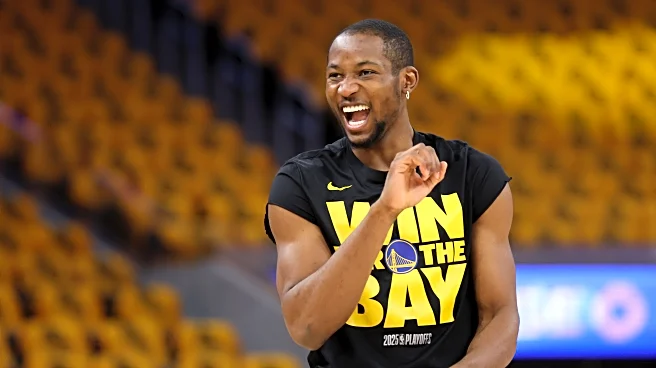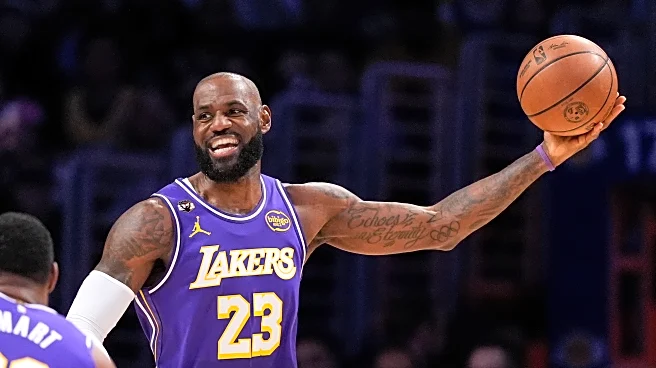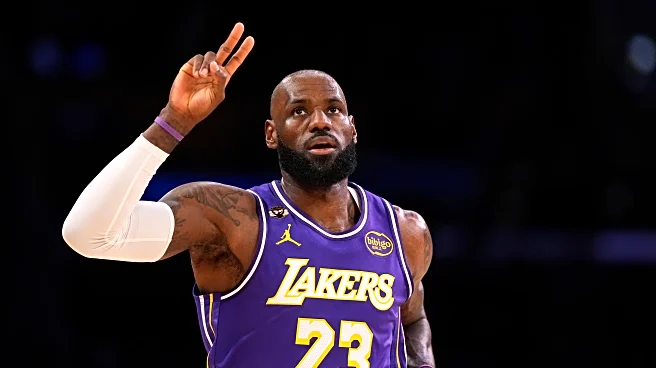After three months of negotiations, hurt feelings, podcast appearances, unappealing sign-and-trade offers, and frustration from the fans, the Golden State Warriors and Jonathan Kuminga finally agreed on a two-year deal for $48.5M, with the Warriors holding a team option for the 2026-27 season.
Shams Charania reported the terms of the deal, which were told to him by Kuminga’s agent, Aaron Turner. We can assume the idea that the team option was “designed to be ripped up and negotiated next summer” came from Turner, because there’s really nothing stopping the Warriors or whatever team ends up employing Kuminga next summer from simply picking up the option.
This is not to be overly critical of Turner. As a restricted free agent during a season where few NBA teams had cap space, Kuminga didn’t have much leverage. Since he didn’t reach the playing time criteria to be classified a “starter,” his qualifying offer was only $7.9M. By comparison, Josh Giddey, picked one spot ahead of Kuminga in 2021, had a Q.O. of $11.1M and Quentin Grimes, picked at No. 25, had a Q.O. of $8.7M, thanks to both playing and starting more than the Warriors’ forward. The low number made it much riskier for Kuminga to play hardball.
But Turner and Kuminga did not achieve their goal, stated repeatedly on Turner’s podcast tour, to “turn the T.O. (team option) into a P.O. (player option).” Kuminga wanted more control over his future, especially when committing to a team where the head coach has stressed how much his young forward doesn’t fit alongside starting forwards Draymond Green and Steph Curry. He didn’t want to sign just so the Warriors could use him as a trade chip.
However, that’s ultimately what Kuminga agreed to be, primarily because the $14.6M difference between next year’s $22.5M salary and the $7.9M Q.O. Even if he had a breakout 2025-26 season and had a passel of free agent suitors next summer, it would be very difficult for him to make up for the lost wages.
Which is why the player option was never going to happen for Kuminga. The Warriors only adjusted their offers slightly during the three-month standoff, increasing their two-year, team-option contract offer (the “two minus one” as cap expect Nate Duncan deemed it) from $45M to $48.5M. Giving Kuminga a team option would have been fairer, perhaps, but the NBA’s restricted free agency rules are deeply unfair to the players, so the Warriors didn’t do it.
Still, Turner got Kuminga at least an extra million for next season, which is about as good as he could given his poor bargaining position. Team Kuminga did know the Warriors wanted a higher salary for matching purposes in trades, which gave them one advantage. Still, there’s a reason Turner had to plead his case with ESPN and the Warriors front office was content to silently wait — and never disparaged Kuminga. Perhaps they kept Steve Kerr away from media day to make sure that didn’t happen, but they pulled it off.
Ultimately, the threat of the Q.O. couldn’t make the Warriors F.O. turn a T.O. into a P.O., something that hopefully hasn’t left Kuminga P.O.‘ed. And now we may be able to stop discussing Kuminga’s contract for a few days!
XOXOXOXO

















